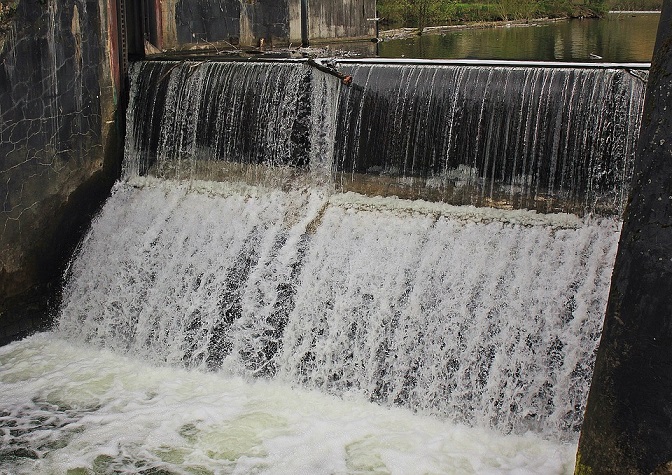South Africa, and especially the Western Cape, has had more than its share of devastating droughts over the past decade or so; in actual fact, the Western Cape is still in the grip of one of the worst droughts on record, and even though it has seen some winter rain, the dams are still very low.
Droughts in the semi-arid region of the Western Cape are predicted to intensify under climate change and increased population due to migration from rural areas. Add to this increasing industrialisation and pollution and the problem of insufficient supplies of clean water are set to continue.
The levels of dams in the Western Cape, from which the Province gets its drinking water supplies, have been dropping alarmingly despite ever-increasing water restrictions. The Western Cape also has a massive agricultural region and employs almost a quarter of the country’s agricultural workforce. Failing farms will lead to food shortages and even higher unemployment.
Desalination has been proposed as one of many strategies to deal with the water shortages in the Western Cape, and local government has called for tender proposals, but is desalination really the solution?
While desalination is relatively environmentally friendly, it is also a rather expensive method of producing fresh water because consumes a lot of energy. Desalination also results in the production of highly saline brine which is discharged back into the sea and could be harmful to marine life.
Most desalination plants utilise reverse osmosis technology, which puts salty water under high pressure and forces it through a semi-permeable membrane, holding the salt back and letting fresh water through. Reverse Osmosis (RO) is the most energy-efficient form of desalination.
One of the problems is the amount of energy required to run a desalination plant, especially as the country already has power problems. Even using fossil fuels creates problems, as it creates more greenhouse gas, which contributes to climate change.
Another is the harm that such plants can do to the environment, particularly marine life. The pipes used to suck water in to the plant can disturb sediments and kill marine life, and the saline brine released back into the ocean tends to sink to the bottom layers of the ocean where it will kill species not adapted to such saline conditions. The brine is also relatively hot, which will further damage the environment, including fragile ecosystems such as coral reefs.
Buy water dispensers and rent water dispensers from Living-Water in London.






